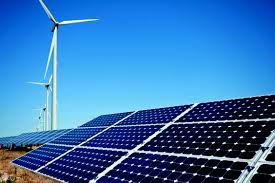Polish RES Auction Starts Today: Observations to Follow

Today the Polish Government starts its first auction for renewable energy support. The principal focus will be existing installations that now have an option to opt for a contract-for-the-difference to replace green certificate support (now special blue certificates for biogas). Some new facilities will also bid in another category. Most of the facilities participating with have grants for their projects - either already built or already contracted. This means that their bids must be lowered to meet state aid ceilings imposed by the EU. Accordingly, the bids today may not be very predictive of future bids in auctions where far fewer projects will have this condition. I do expect that the number of projects bid will be lower than the government predicted. The hurdles of going into a project without a guarantee of support are quite significant and everywhere else they have reduced participation levels of small project developers. The "competitive" nature of t...





















